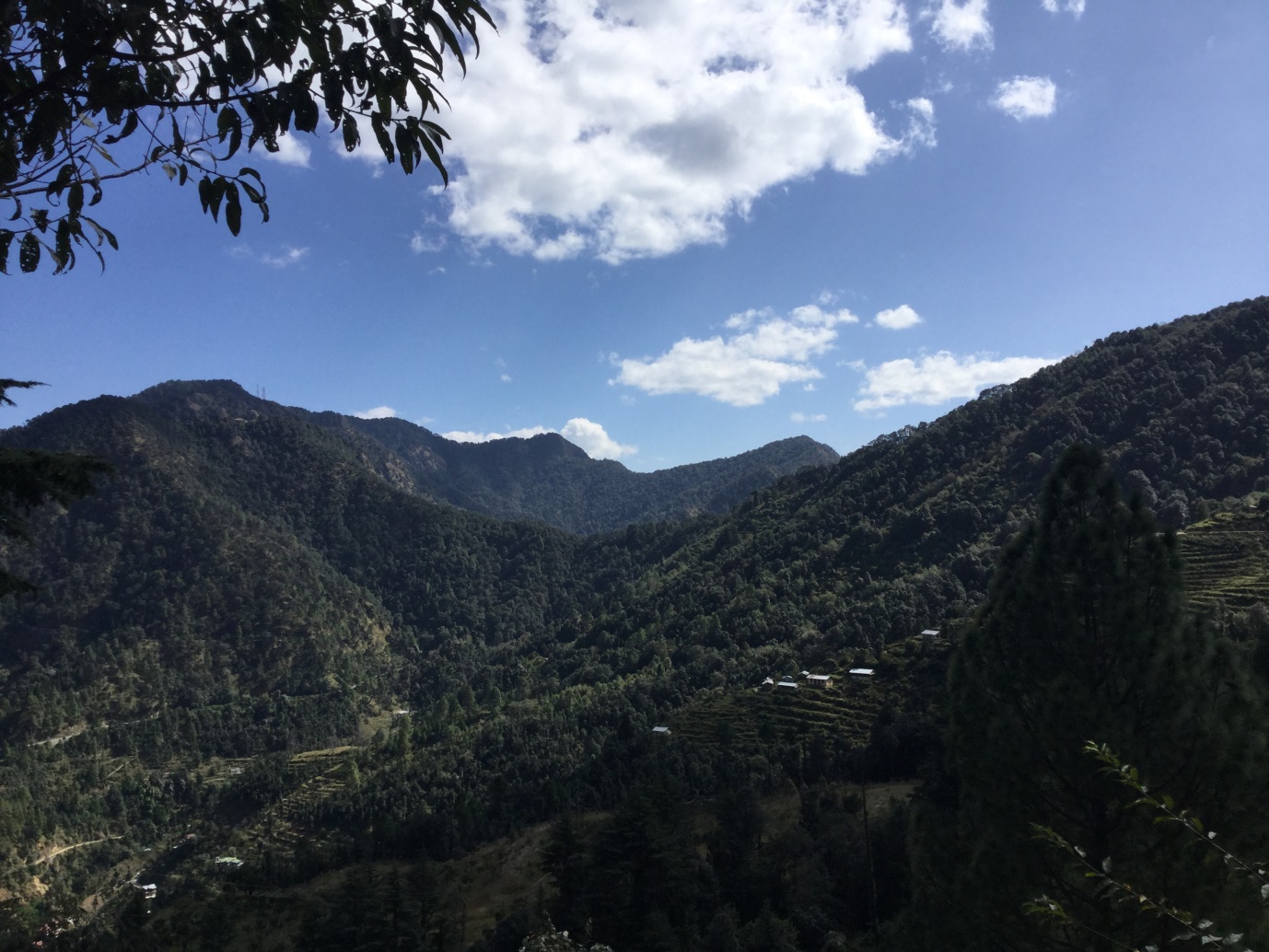The coronavirus pandemic has put the whole world to a standstill through elongated lockdown periods. While the virus affects millions of people around the world, the medical community is facing an extremely difficult time dealing with affected patients and scientists around the world are struggling to find ways to test, treat and deal with the virus at hand. But while human beings are struggling to derive meaning out of the changed global reality and the lockdown has begun to keep them away from the world outside, nature seems to be running fast on the path of self-recovery and replenishing its air and water with each passing day.
The waters around the world are become cleaner, the pollution levels in the air are being reduced drastically and the skies are becoming cleaner. More and more animals and birds are roaming about freely in the world outside.
It is at the juncture that the observations made by environmental activist Vandana Shiva become extremely important. According to Shiva, we need to ensure that a series of steps are taking to ensure that the environmental gains of the lockdown are not lost once everything returns to the track. Thus to ensure that the positive changes that have taken place as far as the ecology is concerned don’t slip away once the lockdown is lifted, there is an urgent need to take policy decisions that are focussed upon the interconnectedness of the environment, forests, agriculture and people’s health and wellbeing.
Vandana Shiva made significant observations during a programme which featured her on NDTV wherein she said that about 300 new pathogens had impacted humanity in the last 50 years and these were a result of deforestation. Vandana Shiva said, “In the past, the destruction of the Western Ghats led to the monkey disease and similarly, the Ebola virus, SARS(Severe Acute Respiratory Syndrome) and MERS(Middle-East Respiratory System) are all result of the invasion by humans into forests and destroying the environment. The new coronavirus is also a result of invasion into the forest ecosystem.”
In her take on the issue Vandana Shiva repeatedly underlined the fact that ecology and environmental conservation were deeply political issues and only a strong political will can help us arrive at a sustainable and efficient environment conservation policy. She said that environment was a political issue also because the lives and livelihoods of thousands of people were dependent upon it and it was due to the lack of political will over the years that despite its critical significance, the environment has been allowed to decay and perish.
As a well known critique of globalisation and capitalism and an ardent spokesperson for the environmental movement in India, Vandana Shiva emphasised that the environment was an ecological as well as political issue. And the degradation and destruction of our environment could have clearly been avoided had we built a comprehensive and ecologically sensitive environmental policy. She said,“This is a wake up call to us all and a time to change the way we function. The way we understand “development. Invasion of forests by the system has led to chronic diseases in places like Amazon and Indonesia and the chronic diseases on the surface, the mortality due to COVID-19 will amplify substantially. For example, in India the victims of the Bhopal Gas Tragedy are dying because of coronavirus. The government must not give clearance to projects that can cause floods, famines and pandemic in the future.”
Faulty Approvals, Lack of Ecological Sensitivity in Policy Matters
Vandana Shiva kept on highlighting the fact that there was indeed some sort of ecological insensitivity and lack of concern in most of the policies that concerned the environment and more specifically those that dealt with development.
She said that the Ministry of Environment, Forest and Climate Change(MoEFCC) has been giving approvals to big projects that are planned to operate in forests and demanded that the government of India should focus on conserving the little forest left in the country after years of destruction in the name of development.
The policies should instead be focussed on ‘ease of living and ease of health’ instead of ‘ease of business.’
She also reiterated the importance of the Gandhian idea of Swaraj and said that the government must play a critical role on empowering and strengthening indigenous manufacturing and cottage industries instead of mega-scale and foreign businesses, and this alone she argued would help empower people living in the grassroots.
Ms. Shiva also went on to recommend that it was high time that humanity learnt from the regenerative power of the nature and as a next step, humanity needs to find out ways in which it can exist in tune with nature or co-exist with the ecosystem. This would need human beings to drastically reduce their carbon footprints and create economies that are more sustainable and welfarist in nature.
She also urged the government to think of possible ways to rejuvenate nature even after the lockdown by having more ecologically sensitive policies and a plan of development that is in sync with the needs of nature.














